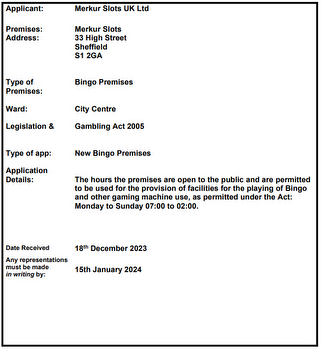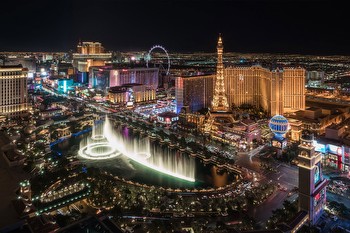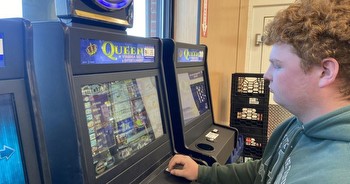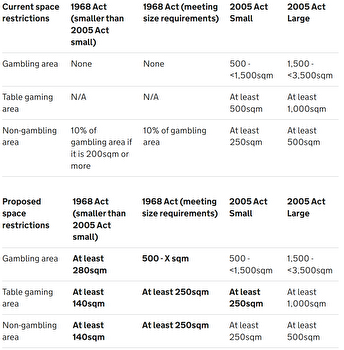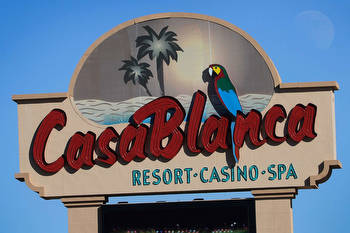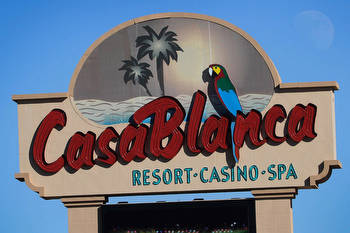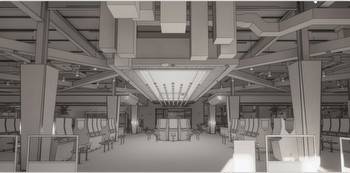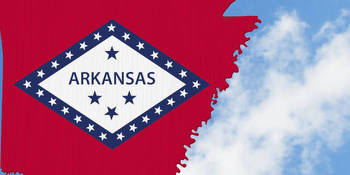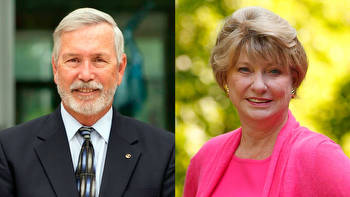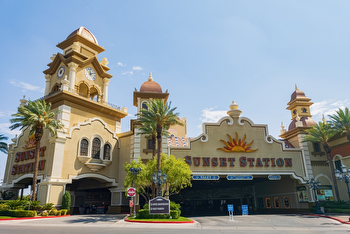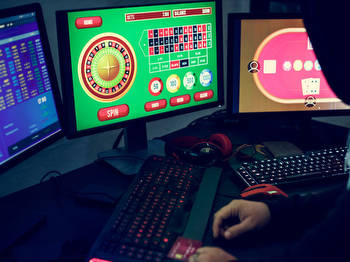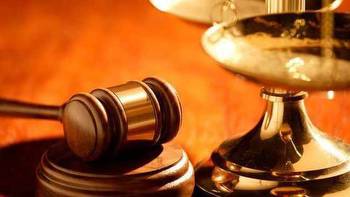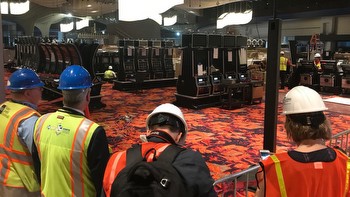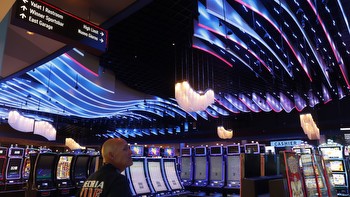Court blocks Upington slot machine license for being too close to a school
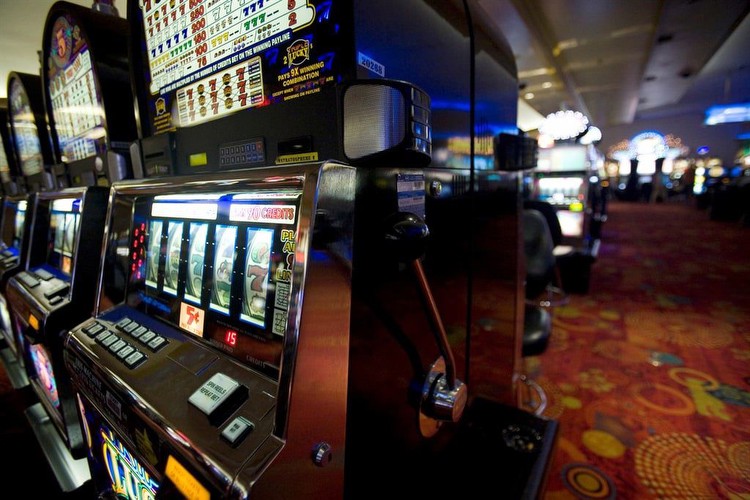
- A Northern Cape court has blocked a gambling licence for slot machines due to the distance from a local high school. A resort in Upington took Crazy Slots and the gambling board to court on the rounds that the proposed slot machines would be 500 metres fromm the town's high school.
- The gambling board and Crazy Slots opposed the application, saying the true motive was to prevent competition - and that the claimed distance was incorrect.
- But the court found otherwise.
A Northern Cape court has blocked a gambling license for slot machines after it finding they would be too close to a high school.
The case raises questions about whether the Northern Cape Gambling Board did its due diligence before granting a licence for Crazy Slots Northern Cape to install slots at an Upington restaurant.
Two years ago, Crazy Slots was granted a license to install pay-out machines at an eatery called Goodfellas.
Desert Palace Hotel Resort, an Upington establishment which includes a casino with over 150 gaming machines, then took Crazy Slots and the gambling board to court.
It argued that installing the slot machines at the restaurant would break the law, as they were within 500 meters of the town's high school.
It accused the board of making an "arbitrary" and "capricious" decision to grant the license, which included discounting evidence of how close the school was to Goodfellas.
The gambling board and Crazy Slots both opposed the application, with the gambling company alleging that Desert Palace's true motive was to prevent competition and protect its own financial interests.
The board and Crazy Slots were both adamant that the distance between the school and the gambling premises exceeded 500 metres.
Desert Palace Hotel Resort, in turn, said the actual distance was 341 metres as the crow flies and 461 metres by road.
The court concluded that the gambling board had failed to make a case and that it had investigated the distance.
The board's site inspection report listed the wrong premises, for one. It also presented no evidence of how it measured the distance, what route it took, and what the final measurement was.
"I can come to no other conclusion than that the Gambling Board did not measure the distance between the school and the gambling premises," said Judge Almè Stanton, with Judge Cecile Williams concurring.
She referred the matter back to the board to deal with in "accordance with all applicable statutory and other requirements".








